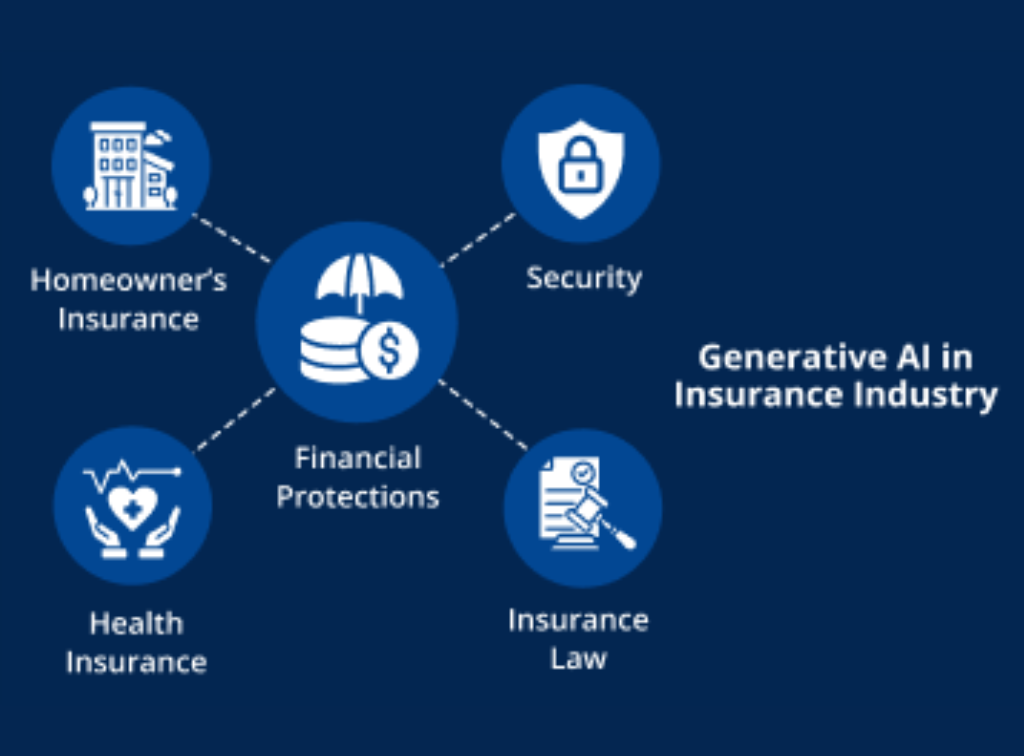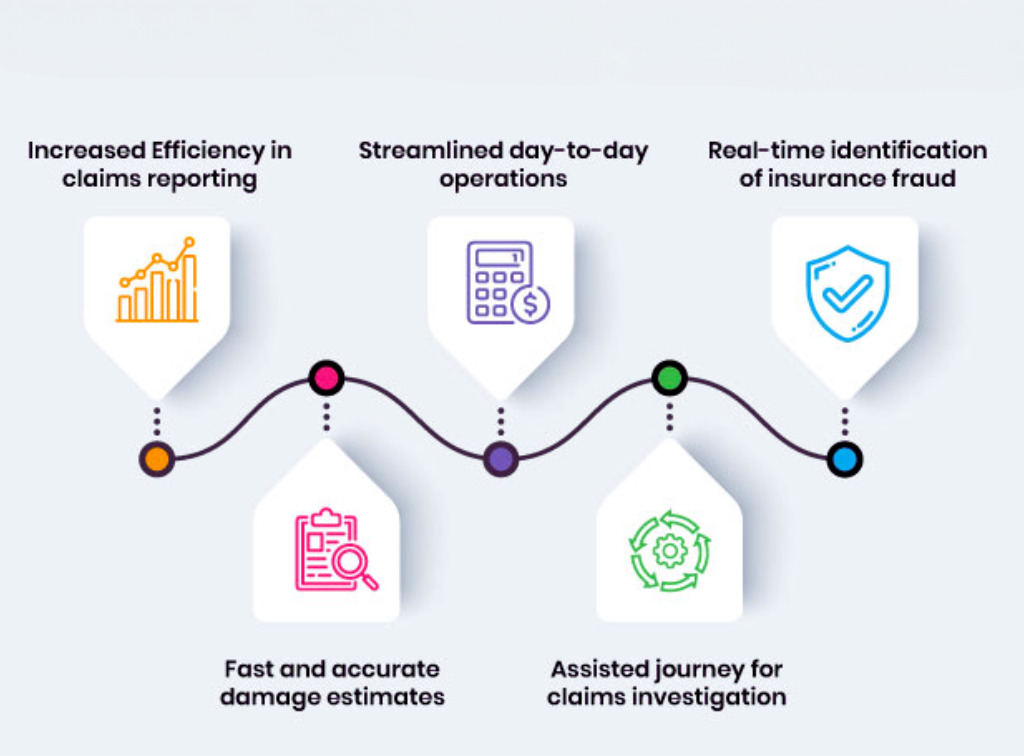Generative AI, a crucial subset of artificial intelligence, has the potential to bring significant transformations to numerous sectors, including insurance. This technology utilizes machine learning algorithms to generate patterns or predictions used in decision-making. As the insurance industry grapples with evolving challenges and demands, Generative AI can be a pivotal tool to enhance operations, customer engagement, claims processing, fraud detection, and risk assessment.

Exploring the Potential of Generative AI in the Insurance Sector
Generative AI creates the potential for highly personalized insurance products. By analyzing a vast amount of data to comprehend patterns and behaviors, generative AI can help insurers design tailored policies. This highly customized approach factors in an individual’s lifestyle, risk habits, historical data, among other factors. The AI’s ability to learn, predict, and generate responses means that policyholders can enjoy products that are optimally suited to their unique needs.
Moreover, generative AI can enhance the accuracy and efficiency of claims processing. Currently, human intervention is required in the majority of claims assessments and processing stages. Generative AI can automate and streamline this process by evaluating claim validity, damage extent, and appropriate compensation amounts, reducing erroneous decisions and improving efficiency.

In terms of fraud detection, generative AI is capable of identifying suspicious patterns and notifying insurers of potentially fraudulent activity. Fraud carries significant cost implications for insurers and customers alike. With accurate and swift fraud identification, the insurance industry can manage losses more effectively.
Generative AI not only enhances the operations side of insurance but also revolutionizes customer service. The use of AI applications like chatbots can provide quick, reliable, and user-friendly customer service, addressing inquiries and providing information 24/7. This significantly improves customer satisfaction and engagement levels.
Lastly, AI can reshape risk assessment, a cornerstone of the insurance industry. By analyzing more extensive, complex, and individualized datasets, generative AI can predict future risks and generate strategies for mitigating them. This will allow insurers to adjust premiums accurately, reduce losses, and optimize their risk portfolio.
The Impending Disruption: AI-led Transformation in Insurance
The integration of generative AI within insurance systems is poised to disrupt the industry. It marks a critical shift from traditional approaches to a technology-anchored model. Generative AI’s ability to learn, adapt, predict, and generate outcomes promotes a more informed and efficient means of insurance practice.
Moreover, AI’s potential to replace mundane and repetitive tasks with automated processes can result in huge cost savings for insurers. The resultant shift of human employees towards decision-making and strategic roles can significantly improve an insurer’s operational flow and productivity.
Also, the personalized customer experience offered by AI can be a potent competitive advantage for insurance companies. The ability to provide custom-made policies and instantaneous customer service can lead to enhanced customer loyalty and retention rates. This could change the traditional, transactional nature of insurance into a more personalized relationship between insurer and client.
Importantly, the shift to generative AI might raise challenges such as data privacy concerns, regulatory compliance, and potential job displacement due to automation. These issues need to be addressed proactively by the industry to ensure a smooth transition towards AI-led operations.
Simultaneously, new opportunities like the establishment of AI-based insurance startups, the development of novel insurance products, and the creation of new roles and skills in the industry will likely originate from this paradigm shift.
Finally, generative AI’s integration into insurance represents a model for other industries grappling with digital transformation. The lessons learned from AI’s application in the insurance sector could form templates for industries such as healthcare, banking, and retail, signifying the broader impacts of this technological revolution.
The application of generative AI in the insurance sector holds immense potential for innovation, efficiency, and personalization. As the industry increasingly adopts these systems, we stand before a new era of insurance practice. The road towards AI integration will have its challenges, but the potential benefits for insurers and policyholders alike are monumental. The future of the insurance landscape, powered by advanced AI, is indeed promising and worth the journey. The broader adoption and application of generative AI testify to a major shift not just within the insurance industry, but across various sectors, as we step into a future marked by technological transformation.
Ainu Token aims to offer impartial and trustworthy information on cryptocurrency, finance, trading, and shares. However, we don't provide financial advice and recommend users to conduct their own studies and thorough checks.



Comments (No)